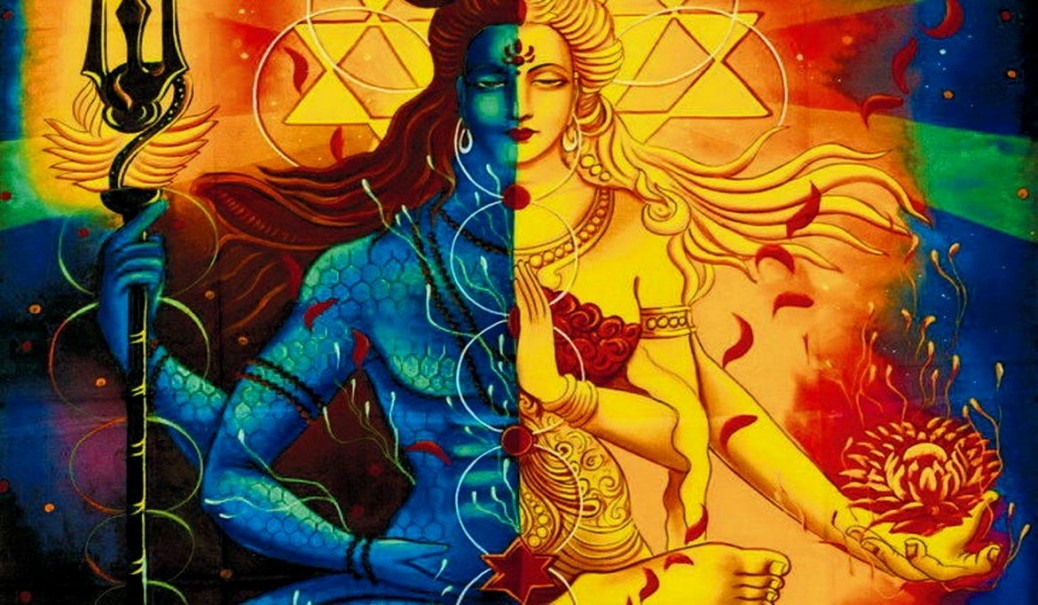VBT – Meditation 96.1
Deep Solitude
In deep solitude this essence has to be recaptured. So when Buddha says that he has achieved nirvana, really he has achieved this loneliness, this basic reality. Mahavir says he has achieved KAIVALYA. The very word KAIVALYA, means loneliness, alone. Just below the turmoil of events that aloneness is there. It runs through you like a thread running in a mala. The beads are apparent, but the thread is not. But the beads are hanging on the thread, and the beads are many and the thread is one. Really, the mala is a symbol of this reality. The thread is the reality and the beads are just the events which go on hanging on it. And unless you penetrate and come to the basic thread, you will be in anguish, you will be in suffering.
You have a history – that history is accidental. And you have a nature – that nature is non-historical.
You are born on a certain date, to certain parents, in a certain society, in – a certain age. You are educated in a certain way. Then you enter a particular profession, you fall in love with a woman, you have children. These dramas are beads, events, history, but deep down you are always alone.
And if you forget yourself completely because of these events you have missed the very purpose of being here. Then you have lost yourself in the drama and you have forgotten the actor who was not part of it, who was just playing the role. All these things are roles.
Because of this India does not have written histories. Really, it is very difficult to be certain about when Krishna was born, when he died; when Ram was born, when he died – or whether he was ever born or not or is just a myth. We have not written his history, and this is the reason: we in India are concerned with the thread and not with the beads. Really, in the religious world, Christ is the first historical person, but had he been born in India he would not have been historical. We in India are always looking for the thread, the beads are irrelevant. But the West is more oriented towards events, facts – temporal things – than to the essential and the eternal. History is drama. In India, we say that Ramas and Krishnas go on being born in – every age. They have been repeated many times before and they will be repeated many times afterwards. So there is no need to carry on the records. When they are born is irrelevant. What their being is – the thread – that is meaningful.
So we are not concerned if they were really historical persons or not, we are not concerned with outer things that happen to a being, we are concerned with the being itself and whether anything happens to it or not.
When you move into solitude you are moving to the thread; when you move into solitude, you are moving into nature. If you are really alone, not even thinking of others, you will feel the world of nature around you for the first time. You will become attuned to it. Right now you are attuned to society. If you fall from this attunement to society, you will be attuned to nature. When the rains come – they are always coming but you cannot understand the language of the rains – they don’t say anything to you, they don’t mean anything to you; at the most some utilitarian thing about water being needed is realized. So there is some use, but you don’t have any dialogue, you cannot understand the language of the rain, the rain has no personality for you. But if you leave society for a time and remain in – aloneness, you will start feeling a new phenomenon: the rains will come and they will talk to you. Then you will feel their moods – some days the rain is very angry and some days it is very soothing and loving. Some days the whole sky is depressed and some days it is dancing.
Some day the sun rises as if without any will of its own, forced, doing the work; and some day on its own – now it is not a work but a play.
You will feel all the moods around you. Nature has its own language but it is silent, and unless you are silent you cannot understand it.
Tags: Deep Solitude




